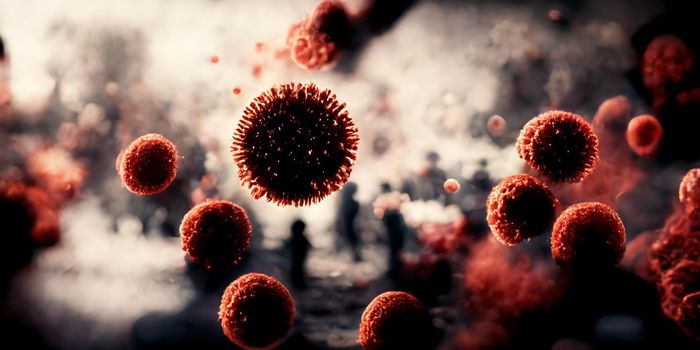Specialized Immune Cells Develop Memory to Target Ovarian Cancer
The immune system is comprised of two separate active arms of immunity to provide robust protection against disease. The two separate systems of immunity include the innate and adaptive immune responses. The innate immune system is the first on the scene when a pathogen enters the body. Different cells of this response include eosinophils, basophils, neutrophils, natural killer cells, macrophages, dendritic cells, and others. Once a pathogen is detected the innate immune system generates a generalized response to target a wide variety of diseases. The innate immune cells then relay detection of a foreign pathogen to the second level of immunity, the adaptive immune response. The second wave that fights off disease is more specific and includes T and B cells. The adaptive immune response is widely accepted as the stronger barrier of immunity because of its specificity and ability to mount a larger response. However, each work in concert with the other to elicit an optimal immune response and keep the body healthy.
Many different cells are involved in active immunity that help protect against infection. As a result, immunologists work to understand each cell’s impact on the immune system and how they function in the context of various pathologies. To activate the immune system during an infection or disease onset, immunotherapy is employed, which targets one or several immune cell types to redirect them to the infection. In particular, natural killer cells, are emerging as an optimal cell target for immunotherapy in ovarian cancer.
Natural killer cells are a type of white blood cell responsible for eliminating virus-infected cells and tumor cells. They secrete various molecules and proteins that signal a strong immune response. Additionally, they have been reported to develop immune memory, in which they can recognize previously encountered pathogen. These natural killer cells that develop immune memory are referred to as adaptive natural killer (aNK) cells. Scientists are working to understand more about these cell types and how they can be targeted for cancer immunotherapy.
A recent paper in Cancer Immunology Research, by Dr. Dhifaf Sarhan and others, demonstrated aNK cells’ role in ovarian cancer and their ability to develop immune memory. Consequently, the team also reported that aNK cells within ovarian cancer have specific affinity to tumor cells, increased ability to eliminate tumors, and can infiltrate the tumor microenvironment (TME). Sarhan is an Associate Professor in the Department of Laboratory Medicine Huddinge (LABMED)/ Division of Pathology at the Karolinska Institute. She investigates the innate immune system and how NK cells respond to therapies in cancer.
The team used patient samples to study aNK cells in the context of solid tumors. Specifically, through computational analysis Sarhan and others were able to analyze how aNK cells interact with ovarian cancer cells. The results demonstrated that aNK cells have the potential to target and remember solid tumors that are normally very difficult to treat. Previously aNK cell function was unclear, but this report clearly outlines how aNK cells maintain tumor cell recognition. It has challenged preconceptions of how NK cells function in cancer. The team hopes to develop methods to boost aNK presence and activity around the tumor. Consequently, Sarhan and her team hope to develop novel immunotherapies and enhance treatment for patients with ovarian cancer.
Paper, Cancer Immunology Research, Dhifaf Sarhan, Karolinska Institute








